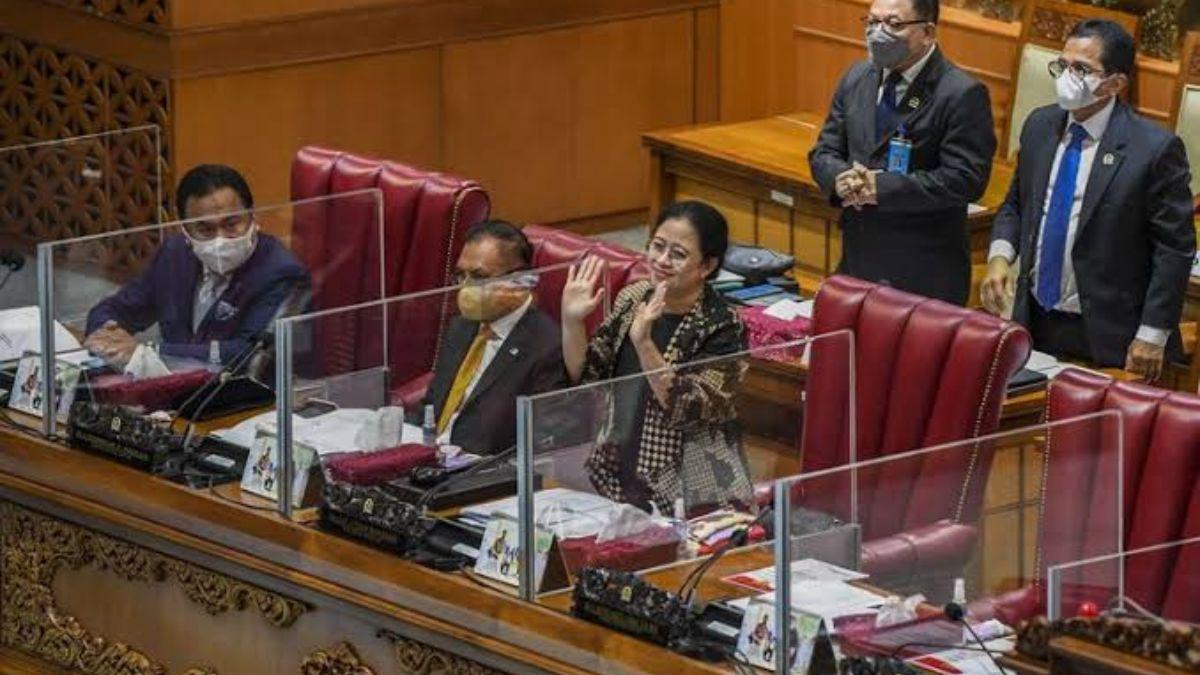In a poignant address, House Speaker Puan Maharani has expressed deep concerns about the erosion of democratic values in Indonesia. Her remarks come at a time when the country is grappling with significant political and economic challenges, underscoring a period of introspection for Indonesian democracy.
Puan Maharani, a prominent figure in Indonesian politics and a member of the ruling Indonesian Democratic Party of Struggle (PDI-P), highlighted what she perceives as a troubling decline in democratic norms and practices. Her comments reflect a growing anxiety among political leaders about the health of Indonesia’s democratic institutions and the broader implications for governance and societal stability.
The Speaker’s criticism centers on various issues, including perceived encroachments on democratic freedoms, increased political polarization, and challenges to the rule of law. This critique is particularly timely as Indonesia approaches a critical phase in its political cycle, with upcoming elections and the potential for significant shifts in the political landscape.
Politically, Puan Maharani’s lamentations could signal a call for renewed efforts to safeguard democratic processes and reinforce institutional checks and balances. Her position as House Speaker provides her with a platform to influence debates on democratic reforms and governance practices. The emphasis on addressing democratic decline may lead to increased scrutiny of current policies and a push for legislative measures aimed at strengthening democratic institutions.
Economically, the state of democracy can have profound implications for investor confidence and economic stability. A healthy democratic environment is often associated with predictable governance and robust legal frameworks, which are crucial for attracting investment and fostering economic growth. The perceived decline in democratic norms could raise concerns among investors and stakeholders about the sustainability of Indonesia’s economic policies and overall stability.
As Indonesia navigates these complex issues, Puan Maharani’s comments highlight the urgent need for dialogue and action to address democratic deficiencies. The future of Indonesia’s political and economic landscape may hinge on the country’s ability to reconcile democratic principles with the demands of a rapidly evolving socio-economic environment.

